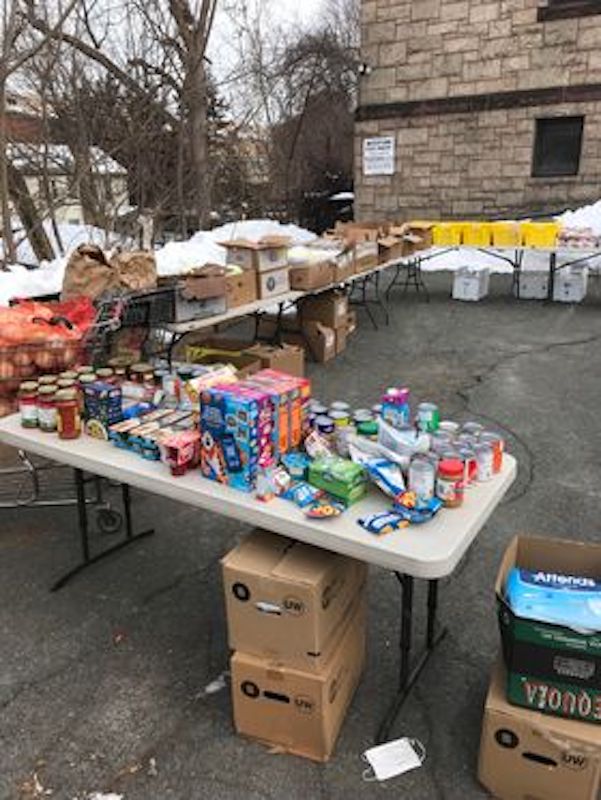
For the last several weeks, Watertown News, in conjunction with Watertown Cable Access Television, published six stories in a series called “Watertown’s Hidden Problem: Food Insecurity Among Us.” (See part one here).
In the course of reporting these stories on food and hunger in our community, one absolute fact has emerged: how indelibly intertwined the problem of food insecurity is with other challenges. Food is too expensive.
If you can afford food, it might only be cheap, low-nutrient food. If you buy that food, you might not be able to afford your housing. If you can afford both, you might not be able to physically get to the store because you can’t afford a car, or get home carrying everything you need. Forget about having any cash on hand for an emergency or medical care.
Food insecurity is not a standalone phenomenon. As our team researched this piece, we asked many of our sources if they had a magic wand and could solve one big problem related to hunger, what would they choose? These are their responses.
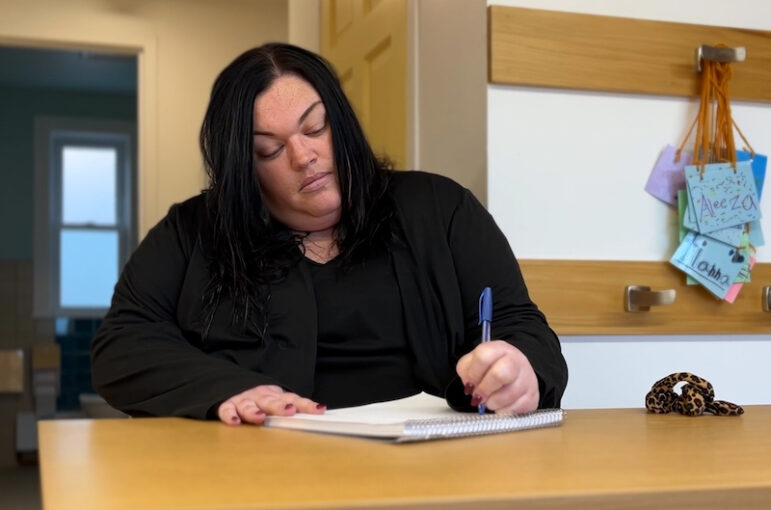
Sarah Woods, Food and Security Program Coordinator for the Watertown Housing Authority: If I had a magic wand, everybody would get access to food that they need. I know children who are hungry, families who are hungry. I know that there’s families up here that literally don’t have anything, and they really, really need this food. They make it very clear the impact that this [program] is having on them. And I just hope and pray that we’re able to continue, because it really is making a huge difference for not only just Watertown here, but I would say all of Watertown, honest to God.
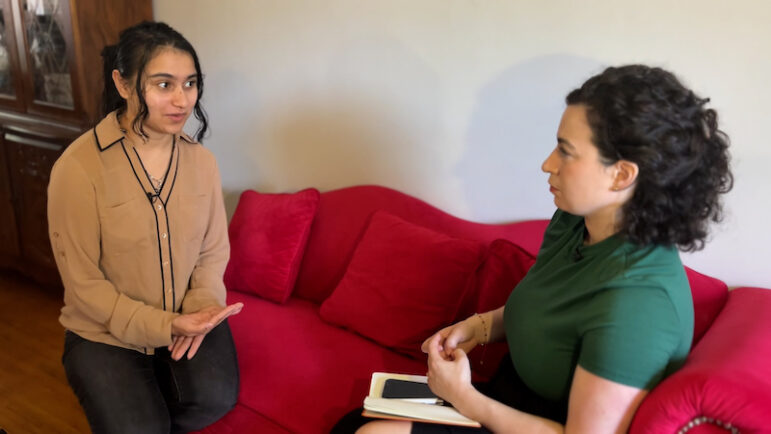
Shivani Sharma, WHA resident: Transportation is a big thing. Like, from public housing, the bus stop is a 15 minute walk. And the bus service is unfortunately not reliable. With grocery stores, it’s not very convenient. For example, we shop at BJ’s. There’s not any bus stop right outside of BJs. And you’re having these grocery bags, and it’s like … I’m not a very strong person, so it’s like I have to limit the food that I’m getting. My arms ache at the end.
When Watertown Housing Authority had its Stop & Shop partnership, we got like 100 bucks worth of food for free and they would deliver it to our doorstep. When it did work, it was great because we got quality food. Waking up to food at your doorstep — best thing in the world.
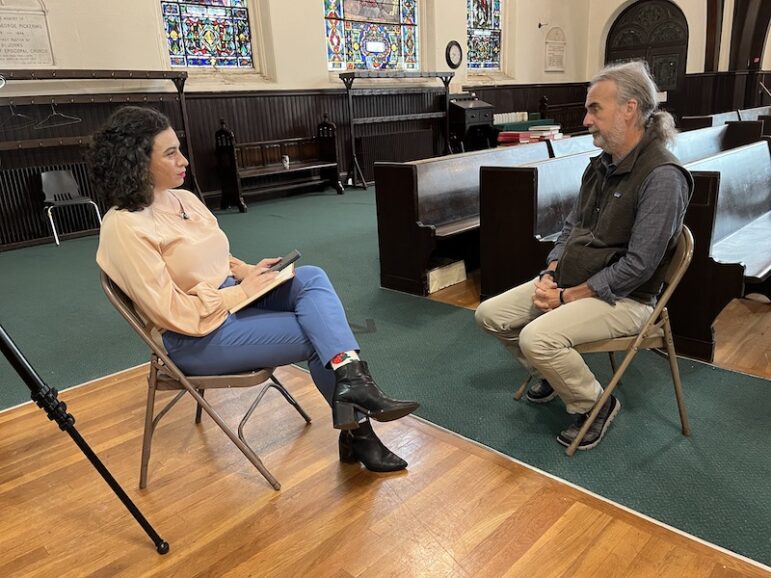
Gary Richards, pastor, Belmont-Watertown United Methodist Church: Affordable housing. I mean, if people could have affordable, safe, quality housing, they would have, folks, our neighbors would have a lot more money to spend on food and health care.
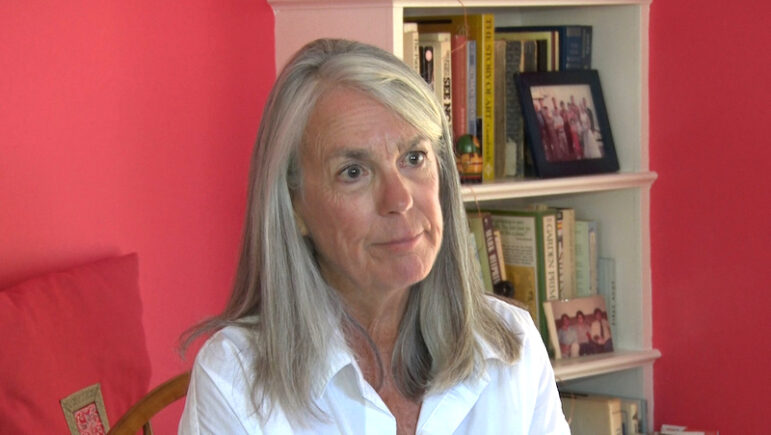
Jan Singer, former executive director of the Watertown Community Foundation: I think giving an opportunity for community meals would be a really nice effort. I grew up in Maine. There used to be church suppers and things like that. One of the things the Community Foundation does is support block grants, which is an opportunity to get together with your neighbors. … I think it would be wonderful. … Everyone wants to be helpful, I think. It’s just not knowing how to do that, and giving an opportunity to give back to the community.
Tony Palomba, Councilor-at-Large: A livable wage. People fought hard for the $15 minimum wage. And that still doesn’t take people out of poverty. Another is to look at our tax reform so that people can get tax credits. And then such things as supporting unions, making sure that people recognize that many of the middle class jobs that people have are there because of unions. So increasing the minimum wage, supporting unions, reforming tax policy, those are ways to start to address the issue.
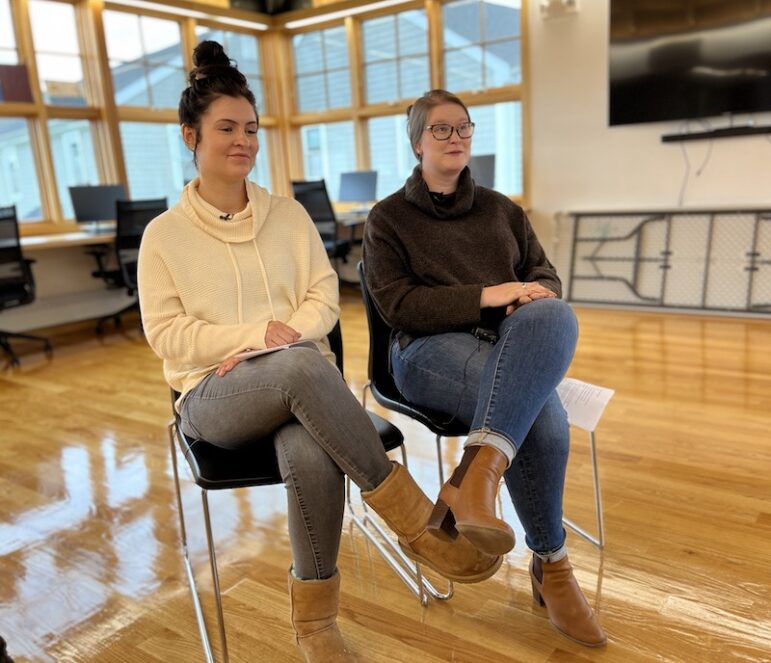
Kristen Monti, director of operations at the Watertown Housing Authority: I would say just the general cost of the groceries right now. It’s super expensive. I saw a salad the other day. $7. I don’t know how it’s affordable for anyone at this point. It’s just extremely expensive. Nothing that we can do to resolve it. But I think just the general food costs at this time.
Olivia Fields, director of resident services here at Watertown Housing Authority: I think if I had a magic wand, I would support programing like what we’re trying to do with family self-sufficiency — either for the state or the federal government to provide resources to help people get on their feet. Right now [because of the structure of public housing] you get a new job and your rent will have to immediately increase based on the way things are written. So, I think my magic wand would just be to have a pause button for a duration of time to get folks to be able to save, and then either leave housing and live independently or to live comfortably and afford your groceries that are astronomically priced and budget realistically.
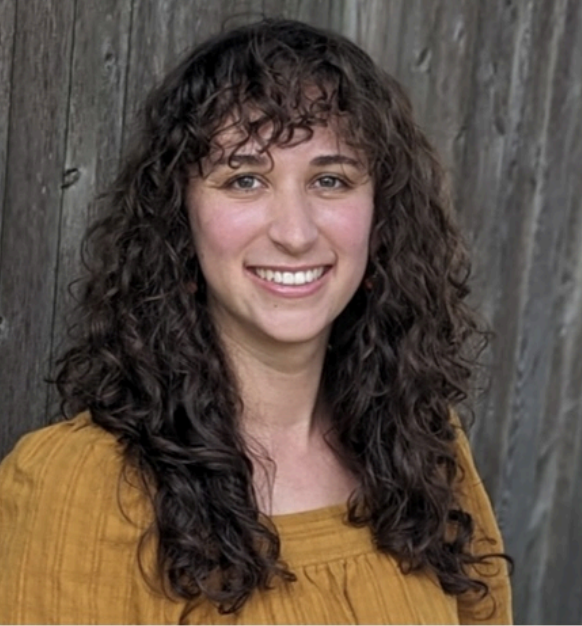
Sophia Suarez-Friedman, Watertown Social Services resource specialist: Affordable housing. People are paying way more than they should be toward housing, especially to stay in Watertown. It continues to rise. Public housing is a really wonderful resource that has long waitlists. If you’re a higher priority status, meaning, if you’re displaced from your home for given reasons, then you might get housing within a few months, or a year or two. Others of our families have been on that waitlist for many years, and they really need it.
When we talk about affordable housing — so that’s when there’s new developments that are built — apartment buildings in Watertown will have a certain amount of units that are required to be affordable housing. Eligibility is calculated based on area median income. There’s a new unit that’s available that I keep seeing posted. If you’re at 80 percent area median income, then you’re eligible for it, which is all of our clients. But the unit is a one-bedroom for more than $2,000 a month. So, affordable housing typically isn’t affordable for our clients.
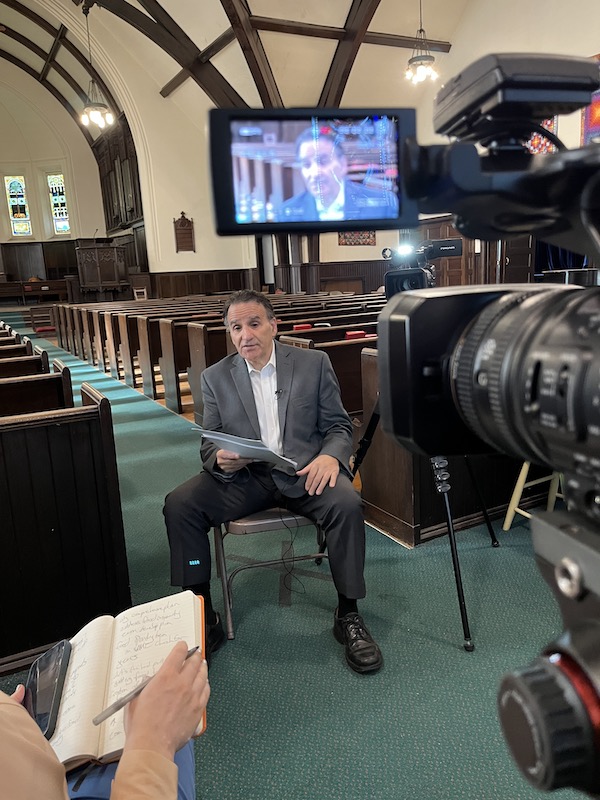
Tony Palomba, councilor-at-large: I forget what city in Massachusetts, but they used some of their ARPA money … they just gave money to people. And people used the money for rent and food. People moved out of poverty. The earned income credit brought poverty people out of poverty. I mean, the facts are there. The figures are in place. They now have cut that program. You had something that works and then you decide that people are going to slip back into poverty.
That is, again, government policy. The other way to do this is to put people in Congress and in the White House who really realize and recognize that we have people who should not be in poverty, and that we should find ways to move them out of poverty. As many as 140 million people in the United States are poor and low income and have to struggle to make ends meet week to week, day to day. That’s a lot of people in the richest country in the world. And we should be using every avenue we can to address that, both in terms of policy, federal policy, state policy, and local policy.
Shivani Sharma, WHA resident: I think a lot of people think that food insecurity is, like, a straight line. Either you’re food insecure or you’re food secure and that’s your life. No, it’s not how it works, because I’ve had food security and insecurity. It’s up and down. It’s not always obvious either. So it’s not everyone just trying to play a victim card out of nowhere.
The Conversation Continues
On Monday, Feb. 12, Watertown Cable and Watertown News will hold a live round table about the state of hunger and food insecurity in our community. The event features representatives from the City of Watertown, the Watertown Food Pantry, the Watertown Housing Authority, the Social Services Resource Specialist Program, and the Watertown Community foundation.
The evening begins at 6 p.m. at the Mosesian Center for the Arts, 321 Arsenal St., Watertown. Suggested donation: a non-perishable food item or financial contribution for the Watertown Food Pantry or the Watertown Community Fridge.
This is the story in the series by Watertown News and WCA-TV that was made possible, in part, by a grant from the Watertown Community Foundation.
Resources
Watertown Food Pantry: 80 Mt. Auburn St. (rear of the Belmont-Watertown United Methodist Church), Tuesdays from 10 a.m. to 2 p.m. https://www.watertown-ma.gov/330/Watertown-Food-Pantry, 617-972-6490
Watertown Catholic Collaborative Food Pantry: 770 Mt. Auburn St. (basement), Thursdays from 10 to 11:45 a.m. https://watertowncatholic.com/news/food-pantry 617-926-7121
Watertown Community Fridge: 80 Mt. Auburn St. (Front of the Belmont-Watertown United Methodist Church), Open 24/7 https://www.watertowncommunityfridge.org/
Watertown Social Services Resource Specialists: at Wayside Multi-Service Center, 127 North Beacon St. https://www.watertown-ma.gov/673/Watertown-Social-Services-Resource-Speci 617-744-9585
Live Well Watertown/Watertown Farmers Market: City Hall, 149 Main St. 617-972-6446 x8 https://www.livewellwatertown.org/home
Watertown Community Foundation: https://www.watertownfoundation.org/ 617-926-1500
Food Pantry at American Legion Post 440: 295 California St., Newton, 3rd Fridays from 10 to 11 a.m. 617-244-0440
Centre Street Food Pantry: 11 Homer St., Newton, Tuesdays 2:30-6 p.m. & the first Saturday of the month from 11:30 a.m.-2 p.m. 617-340-9554
SNAP: (formerly Food Stamps) https://www.mass.gov/snap-benefits-formerly-food-stamps
Project Bread: https://www.projectbread.org/ Food Source Hotline (1-800-645-8333)